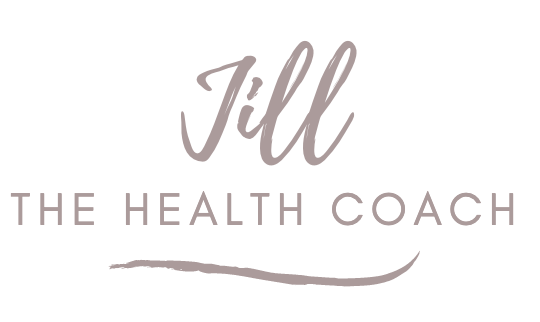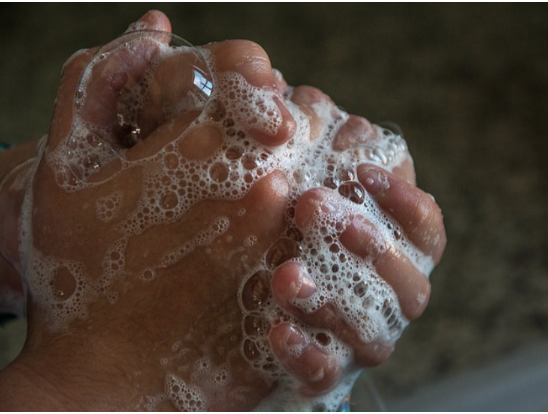It’s that time of year that all types of bugs and viruses are floating around. The best defense is a good offense which would include the simple act of hand washing. So, to get rid of nasty bacteria and germs, the best way to clean your hands would be to use antibacterial soap, right? WRONG!
It seems to make sense but it is actually making us even more resistant to bugs, viruses and even antibiotics. You see, our bodies need to be exposed to different bacteria and germs so our bodies can create antibodies to protect ourselves against them. If we never let ourselves get exposed to any germs, our bodies have no defense as it never “learned” how to defend against it.
For example, often times it seem that the kids who play outside in the dirt and mud are less sick than the kids who “aren’t allowed to get dirty” and live in sterile homes. Anyone you know? It does seem counter intuitive, but it is important that we expose ourselves to our environments so our bodies can adapt to protect itself.
This is a hot news topic right now with the Food and Drug Administration issuing a proposed rule requiring manufacturers to prove that their antibacterial cleaners are safe and more effective than plain soap and water.
Basically, the FDA is saying that antibacterial soaps may not even work and may even cause a health risk. Actually, we know there is a health risk. A study conducted by University of California Davis concluded that Triclosan, the main agent commonly used in antibacterial soap, caused marked muscle weakness in mice and fish, reduced cardiac function and even weakened thyroid. Researchers said the effects of the chemical on cardiac function were “really dramatic.”
This is nothing new as Triclosan was registered way back in 1969 with the EPA…as a pesticide! What you also may not know, is that this registered pesticide, Triclosan, is in many of the products you use today. As matter of fact, 75% of households have products containing Triclosan. It is in antibacterial soaps, but also in body washes, shampoos, toothpastes, deodorants, some cosmetics and even in furniture, kitchenware, clothing and toys. Perhaps you are using these common products that contain Triclosan such as Dial Liquid Soap, Colgate Total or Clearasil Daily Face Wash. Check out this list for some other products you may use every day.
This latest move by the FDA is a result of a lawsuit by an environmental group which forced the government to publish its findings after the FDA was accused of delaying action. The FDA will have to decide whether Tricloasan can be continued to be allowed in products. This will have a broad implication for a $1 billion industry that includes hundreds of anti-bacterial products from toothpaste to toys. The FDA has been working on this question since 2005, said Colleen Rogers, one of the agency’s lead microbiologists.
So, what’s the best way to wash? Always look at your labels. Then, just use plain old soap (not the kind with 20 ingredients, either!) and water.
Feel free to contact me at www.JilltheHealthCoach.com for more info.

